News
Latest from the Coalition

SBC Hot Seat with Shannil Varma (CLC Manager)
This week, we've got Shannil Varma, Manager of the Climate Leaders Coalition (CLC), in the hot seat. Shannil's role sits within the Climate and Nature team at SBC (which is the secretariat organisation for CLC), and he oversees all the day-to-day operations and...
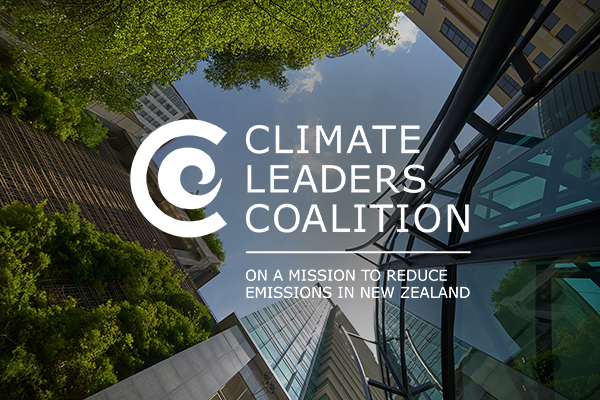
Climate Leaders Coalition re-commits to ambitious climate action with new convenor
The Climate Leaders Coalition welcomes Genesis CEO Malcolm Johns as the Coalition’s new convenor, succeeding Spark CEO Jolie Hodson MNZM. Since 2018, the CEO-led Coalition, made up of 87 signatories and accounting for around 30 percent of New Zealand’s GDP, has helped...
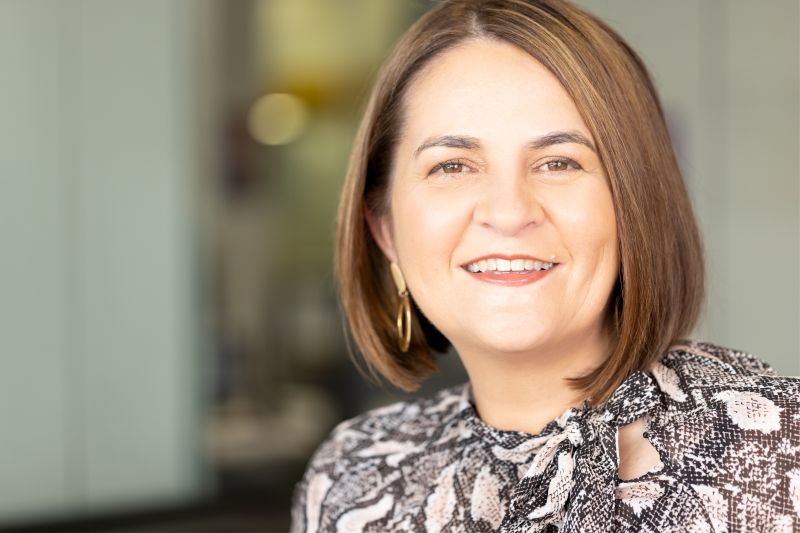
CLC Steering Group Convenor Jolie Hodson receives King’s Birthday Honours
We are so proud to see Spark New Zealand CEO and CLC Steering Group Convenor Jolie Hodson recognised earlier this week in the King’s Birthday Honours, alongside many other incredible New Zealanders. Jolie, your leadership of the Climate Leaders Coalition has helped...

CLC and SBC welcome inquiry into bipartisan adaptation framework
SBC and CLC welcome Friday’s announcement from Government around a bipartisan inquiry into an enduring climate adaptation framework for New Zealand, which is consistent with the recommendations we have made in our pre-election policy priorities paper. “Such a...
Search all news

Builders release ambitious zero carbon roadmap
The Green Building Council has put out an ambitious roadmap that illustrates how to make all of New Zealand’s buildings and homes zero carbon.
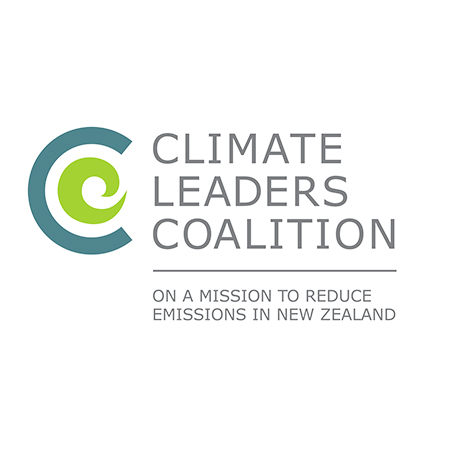
PM references CLC in opening remarks to UN Climate Action Summit
I’m particularly proud that in New Zealand our private sector Climate Leaders’ Coalition collectively represents over 60% of our total emissions profile.
Having a network of business leaders committed to science based targets in line with the Paris Agreement creates incredible leverage and the opportunity to apply international best practice to dramatically reduce their emissions.
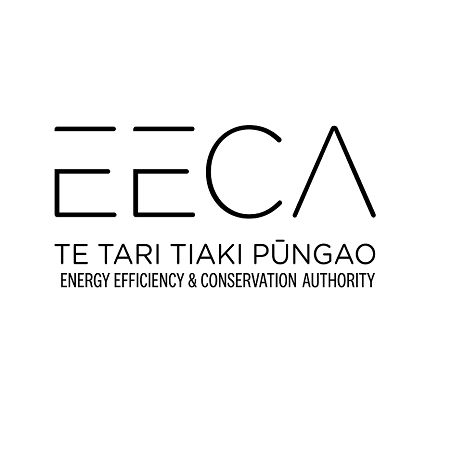
Gen Less campaign hopes to inspire action on climate change
For years, the Energy Efficiency and Conservation Authority has been one of the more soft-spoken and conservative government agencies.
Best known for its Energywise series of TV commercials, EECA was the friendly face that gently suggested people switch to LED bulbs or check their underfloor heating.

Synlait – electric boiler to cut emissions
Synlait Milk’s emissions savings after 10 years of its electrode boiler at the Dunsandel plant will be equivalent of emissions from 9600 houses.
The change is part of the company’s ambitious target to reduce greenhouse gas inventory, both in its own activity and the on-farm emissions of its farmers.
Off-farm it wants to reduce total greenhouse gas per kilo of product by 50% by 2028 from the 2017-18 base measurement of 1.13kg carbon dioxide equivalent.
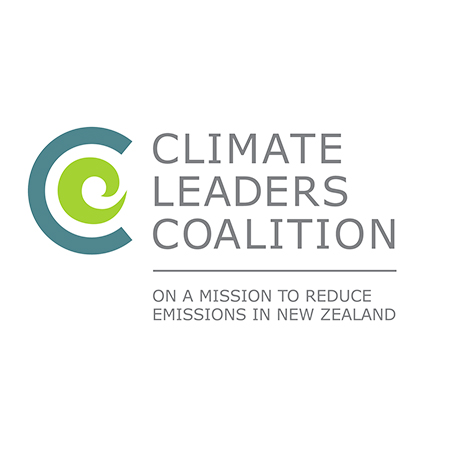
Electricity companies turning on to green power
New Zealand’s biggest electricity generators are embarking on an investment drive that could boost the country’s wind generation capacity by more than 70 per cent in coming years and lift geothermal power capacity by as much as 10 per cent.
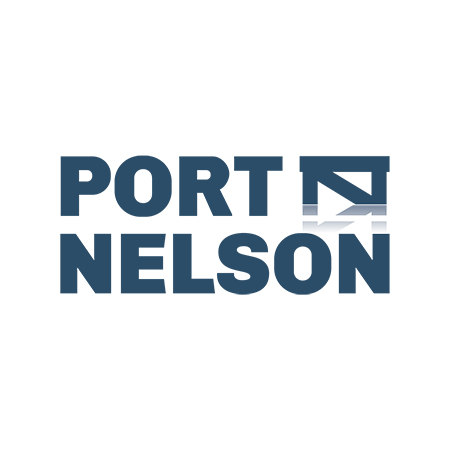
Collaboration is key to cutting carbon – Port Nelson
Port Nelson recently joined New Zealand’s Climate Leaders Coalition, the 109th organisation to do so. It is the first business in Te Tauihu (Nelson, Marlborough, Tasman) to join. Membership is seen as a key step towards cutting the company’s climate impacts, in a high-emissions industry. It’s a journey best done with others, for support and inspiration.
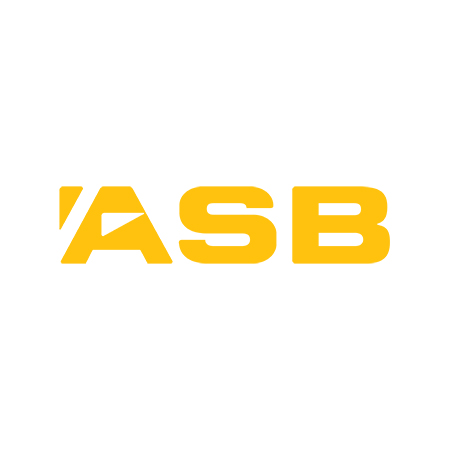
ASB launches Positive Impact funds
ASB has added two new funds to its stable of investment options – the ASB KiwiSaver Scheme Positive Impact Fund and the ASB Investment Funds Positive Impact Fund. Both will have a focus on investing in companies that are making a positive impact on society or the environment.
The decision to launch the funds was based off an increasing demand from customers who want to put their savings to work to give the world a better future, but still want solid long term returns.
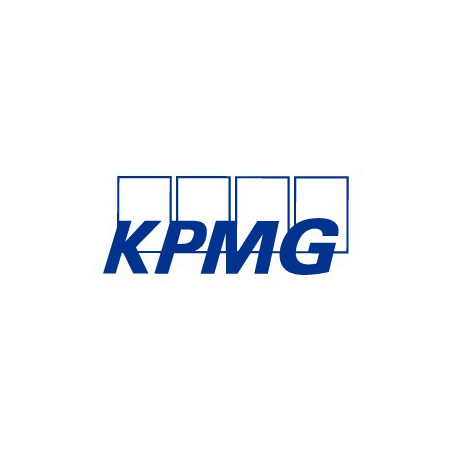
KPMG NZ proud to be a certified verifier under the Climate Bonds Initiative
Green bonds are taking off as the investment vehicle of choice for the private and public sectors to finance projects with environmental benefits, such as clean power, low-carbon transport and energy efficient buildings.
KPMG New Zealand is proud to be a certified verifier under the Climate Bonds Initiative’s Climate Bond Standards and Certification Scheme. We are helping Kiwi companies mobilise capital for ambitious climate action.

Fisher & Paykel Healthcare – doing the right thing through CEMARS
Operating in a highly regulated industry, it is essential that Fisher & Paykel Healthcare adopts the highest international standards when it comes to environmental performance. Enviro-Mark Solutions’ CEMARS programme is a great fit, ensuring transparency and credibility through alignment with international best practice in carbon emissions measurement and verification.
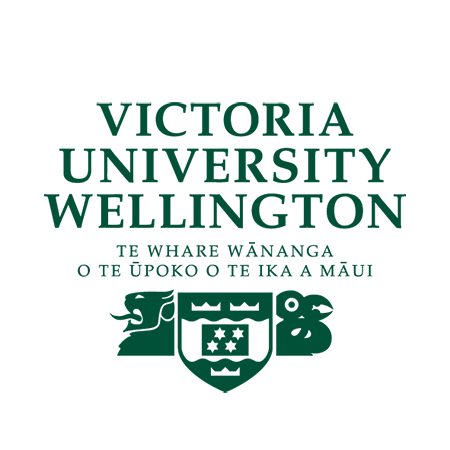
Climate change: our next ‘moonshot moment’?
While some despair about the fate of our planet, award-winning climate scientist James Renwick says it is never too late to take action – and seizing the moment may require a new “moonshot moment” for the 21st century.
If you find yourself grasped by a sense of fatalism regarding the existential threat posed by climate change, James Renwick has some good news – we can always stop things from getting worse.

ODT electric vehicle feature Moving into the Future featuring Waste Management
The electric revolution has begun, moving silently through the city’s streets, writes Tom McKinlay.
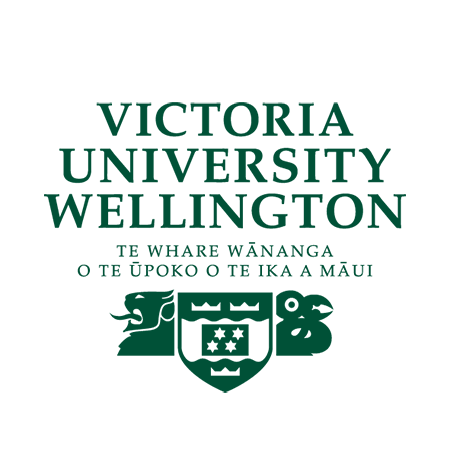
Victoria University sets out ambitious zero carbon plan
Te Herenga Waka—Victoria University of Wellington has today announced an ambitious plan to achieve net zero carbon emissions by 2030.
It is the first New Zealand university to release a comprehensive emissions management plan towards a net carbon zero future integrated with teaching, learning, and research opportunities. The plan includes a 20 percent reduction in gross greenhouse emissions.
